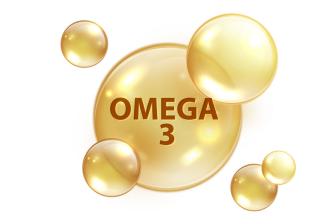
Cod liver oil is a popular dietary supplement that is derived from the liver of cod fish. It is known for its high content of omega-3 fatty acids, as well as vitamins A and D. Whether cod liver oil is considered healthy depends on various factors, including how it is used, the quality of the product, and an individual's specific health needs.
Here are some considerations:
- Omega-3 Fatty Acids: Cod liver oil is a rich source of omega-3 fatty acids, particularly eicosapentaenoic acid (EPA) and docosahexaenoic acid (DHA). These fatty acids have been associated with various health benefits, including heart health and reducing inflammation.
- Vitamins A and D: Cod liver oil is also high in vitamins A and D. These vitamins are essential for various bodily functions, including maintaining healthy skin, vision, and bone health.
- Quality Matters: The quality of the cod liver oil supplement is crucial. It's important to choose a high-quality product to ensure that it is free from contaminants, such as heavy metals and toxins. Look for reputable brands and check for third-party testing for purity and potency.
- Dosage: The dosage of cod liver oil should be carefully monitored. It's possible to overdose on vitamins A and D, so it's essential to follow the recommended dosage provided on the product's label or consult with a healthcare professional.
- Individual Needs: Cod liver oil may not be suitable for everyone. Some individuals, particularly pregnant women, may need to limit their intake of vitamin A due to the risk of excessive vitamin A intake during pregnancy. It's advisable to consult with a healthcare provider before starting any new supplement regimen, especially if you have specific health concerns or conditions.
- Dietary Sources: Omega-3 fatty acids can also be obtained from dietary sources such as fatty fish (e.g., salmon, mackerel, and sardines), flaxseeds, and walnuts. If you have a balanced diet that includes these sources, you may not need a cod liver oil supplement.
In conclusion, cod liver oil can be a healthy dietary supplement when used appropriately and in moderation. It can provide essential nutrients, but it's essential to be mindful of the quality of the product, the recommended dosage, and individual health needs. Consulting with a healthcare professional is a good practice before adding any new supplement to your diet, as they can provide personalized guidance based on your specific circumstances.






